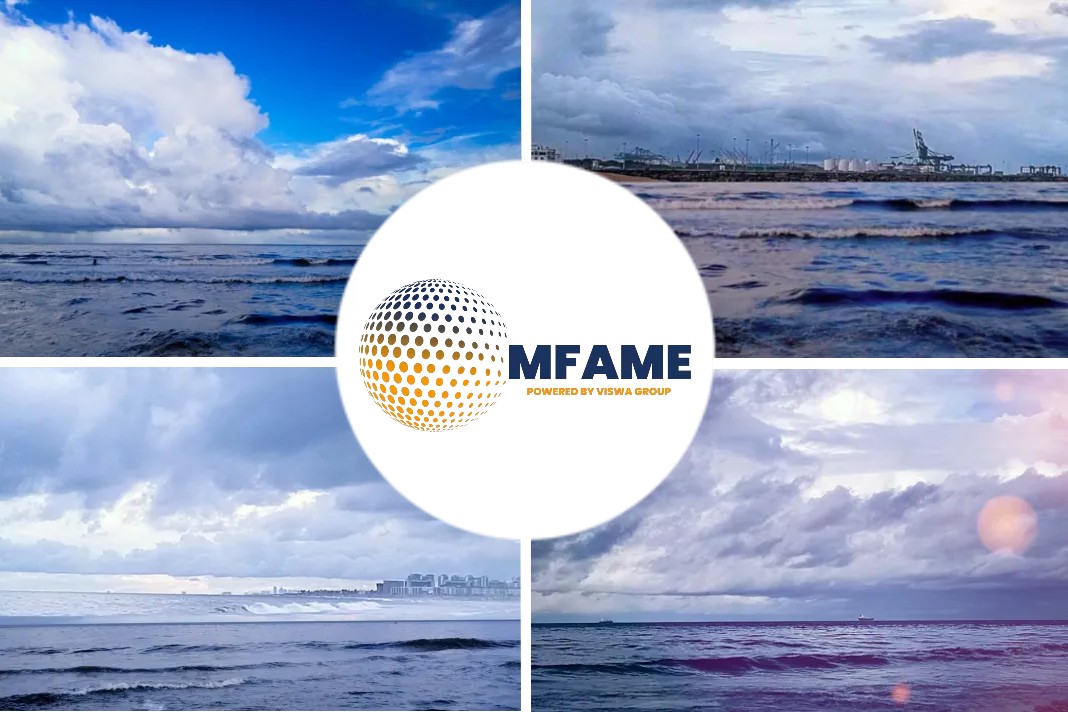WHO developed a two-part train-the-trainers programme for experienced ship sanitation inspectors of nations from the WHO Eastern Mediterranean and European regions to guarantee that countries are better equipped to handle future health emergencies at sea and their points of entry, such as ports. In partnership with the WHO Collaborating Centre for the International Health Regulations: Points of Entry at the University of Thessaly in Greece and the Country Health Emergency Preparedness and IHR programme of WHO headquarters, the WHO offices for both areas carried out the training.
Training programme
Dr Barbara Mouchtouri, Associate Professor of Hygiene and Epidemiology from the WHO Collaborating Centre, outlined the advantages of the training programme in the following way: “This new 2-phased training approach was introduced by WHO for facilitating not only knowledge exchange, but also expanding the network of trainers, encouraging knowledge transfer, and contributing to Member States’ efforts to prevent international public health risks in maritime transport. Due to their shared objectives and need for the same competency frameworks, international collaboration among officers assessing ships travelling internationally is crucial as it ensures that ship inspections are carried out in accordance with common standards.”
International Health Regulations
The International Health Regulations (IHR 2005) mandate that ship owners who operate vessels in international waters renew their ship sanitation certifications every six months, certifying that their vessels pose no public health risk to their crew, passengers, cargo, or port of call.
The international movement of commodities is supported by these certifications because they offer widely accepted verification of a ship’s hygienic and sanitary conditions. They also serve to standardise the inspection procedure and enable clear and understandable risk communication.
Significant delays
More than two-thirds of nations have enacted port closures and other international transportation restrictions during the current COVID-19 epidemic, which has caused significant delays and a decline in the issuance of crucial ship cleanliness certificates. The requirement for skilled inspectors has been listed as a top concern for numerous countries as inspection services resumed at many ports in the spring of 2022.
Twelve seasoned ship sanitation inspectors from nine different nations were chosen to participate in the training, which included two in-person intensive sessions held in Tangier, Morocco in July 2022 and Piraeus, Greece in October. The course covered practical inspections of various types of ships and was based on the WHO’s “Handbook for inspection of ships and issuing of ship sanitary certifications.”
Training modules
Participants were evaluated after completing the course through a written exam and a practical inspection of a ship in Piraeus, Greece. The successful candidates will now be added to the regional and international roster of trainers on ship inspection and the issue of ship sanitary certificates following this demanding test of their gained expertise.
One of the participants who successfully finished the programme was Dr Nidia Maria García Marín, Head of Foreign Health of Santa Cruz de Tenerife port, Spain.
“These two training modules, as well as the information sharing with international peers, were really helpful for my work. After returning from the first training session, I have already begun to brief and educate colleagues on my new information. I am now encouraged and equipped to train new sanitary inspectors or to update colleagues in Spain or elsewhere thanks to the WHO Ship Sanitation Programme training.”
Did you subscribe to our newsletter?
It’s free! Click here to subscribe!
Source: WHO
























